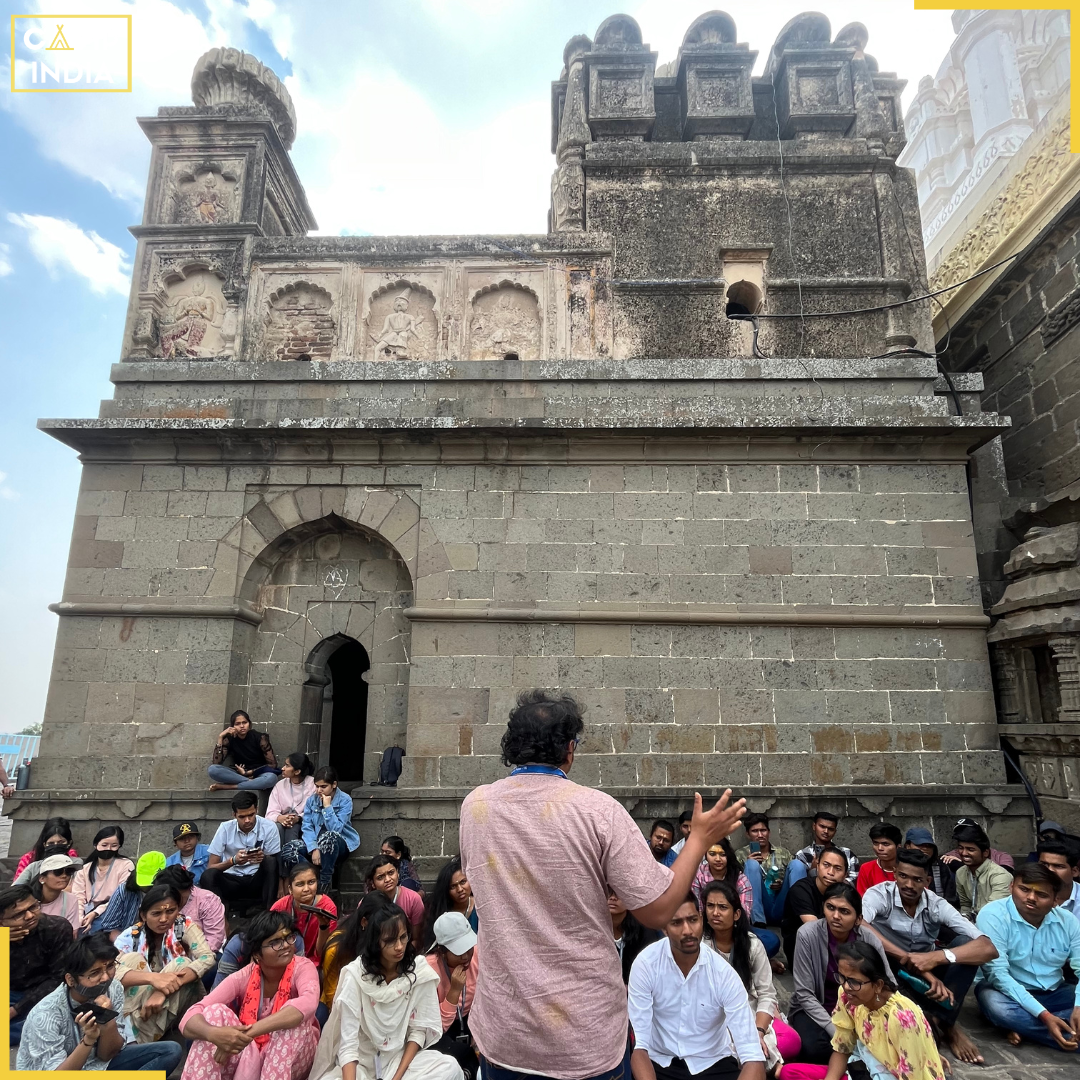


Study tours are immersive educational experiences designed to provide participants with firsthand knowledge and insights in a real-world context. These tours are typically organized by educational institutions, schools, or companies, and are tailored to enhance the learning process by taking students or professionals to specific locations that are directly relevant to their field of study or work.
The primary objective of study tours is to bridge the gap between theoretical learning and practical application. By stepping outside the traditional classroom environment, participants can engage with the subject matter in a more tangible and meaningful way. This hands-on approach not only deepens understanding but also fosters a greater appreciation of the complexities and nuances of the subject.
Educational Exploration: Study tours are designed to complement classroom learning by providing practical exposure to academic subjects or professional fields. They offer a hands-on and immersive way to grasp concepts, theories, and practices.
Diverse Topics: Study tours can cover a wide range of topics, from historical sites, cultural landmarks, and natural environments to business and industry-specific locations. For example, a study tour might visit historical monuments in Europe, explore ecosystems in a national park, or take participants to technology companies for insights into the industry.
Interdisciplinary Learning: These tours often promote interdisciplinary learning, allowing participants to connect different areas of knowledge and gain a holistic understanding of a subject. For instance, a study tour about ancient civilizations might involve history, archaeology, and cultural studies.
Expert Guidance: Many study tours are led by experienced guides, experts, or educators who provide valuable context and information about the places visited. They help participants understand the significance and relevance of what they're seeing.
Networking and Collaboration: Study tours can also facilitate networking and collaboration among participants. Students or professionals can interact, share ideas, and learn from one another during the tour.
Global Perspective: For students, study tours often offer a global perspective by exposing them to different cultures, practices, and perspectives. This can be a valuable aspect of their education.
Career Development: In the case of professional study tours, participants gain insights that are directly relevant to their careers. This can include learning about the latest industry trends, best practices, and innovations.
NOTE : Study tours can be tailor made according to the curriculuim